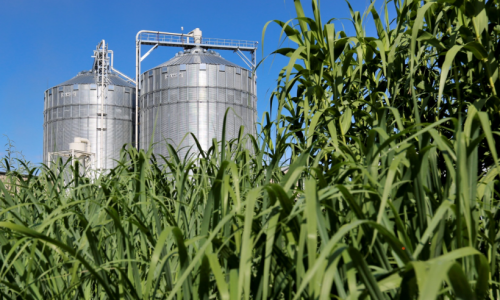State-owned geothermal company PT Geo Dipa Energi is offering investment opportunities to foreign investors and manufacturers, particularly to expand geothermal power plants at Dieng and Patuha concessions in Central Java and West Java, respectively.
Established in 2002, the company was a joint venture between state-owned oil-and-gas giant PT Pertamina and state-owned electricity company PT PLN to manage both Dieng and Patuha power plants as assigned by the government.
Geo Dipa President Director Riki Ibrahim said the company expected manufacturers to bid on equipment procurement for the two 55-MW units of its geothermal power plants in Dieng and Patuha.
“I want to include all manufacturers so I can select the most cost-effective technology at the best price,” he said, noting that Geo Dipa needs geothermal systems with high enthalpy.
He further said that engineering procurement and construction tender would take place in March. Turbines and other equipment procurement will be completed by the end of the year.
Investors interested in geothermal power projects can also partner with the company. Geo Dipa hopes to establish a joint venture with investors.
“But I have to make a choice. I have the right to choose,” Ibrahim said, saying he wanted reliable partners.
Drilling projects on progress
The Dieng geothermal power plant, located in Wonosobo regency, Central Java, has a total geothermal energy potential of 400 MW (megaWatts). Geo Dipa is developing Unit 2 of Dieng with a capacity of 55 MW.
According to Ibrahim, Geo Dipa will drill 10 production wells in Dieng this year. The company also runs the 60 MW Unit 1 of the Dieng power plant, linked to the Java-Madura-Bali grid.
The 55 MW project of Unit 2 of Dieng is financed with US$400 million in investment. Around 80% come from bank loans and 20% from company equity. The government has injected IDR1.5 trillion into the equity of the company.
Geo Dipa completed the construction of Unit 1 of the Patuha geothermal power plant in 2014, located in Ciwidey, 40 kilometers south of West Java capital city of Bandung. This plant has 400 MW of total potential geothermal power.
Meanwhile, Patuha unit 2 will have a 55 MW capacity and cost the company approximately US$400 million, 80% from ADB (Asian Development Bank) loans and 20% from the company’s equity. The company plans to drill 10 exploration wells in Patuha this year.
Ibrahim said the company has entered into a Power Purchase Agreement (PPA) with PLN for the Dieng Unit 2 and Patuha Unit 2. According to the PPA, the electricity price for Unit 2 of Dieng power plant is IDR8.2 cents per kilowatt-hour. As of now, the electricity selling price for Patuha Unit 2 is IDR7 per kilowatt-hour. In 2024, both projects will be operational.
Challenges and solutions
Dieng and Patuha are not the only geothermal potentials Geo Dipa explores in Indonesia. These include Waesano and Nage in East Nusa Tenggara, Jailolo in North Maluku, and Bituang in South Sulawesi. The government finances the explorations. After an assessment, Geo Dipa will hand over the concessions data to the Ministry of Energy and Mineral Resources. The ministry will soon open tenders for the concessions.
“Private companies can participate in the tender,” said Ibrahim.
Ibrahim acknowledged some challenges hinder the power plant projects, despite the opportunity for investors and manufacturers to participate. For example, in Dieng, some people oppose the power plant project.
Some people do not fully understand geothermal, so they are concerned about its effects on the environment and livelihood. Geothermal power, however, is a renewable and environmentally friendly source of energy.
Money is an issue for those who oppose the projects. People become jealous when others benefit from selling food for workers. Geo Dipa has offered an open tender to locals to resolve the issue.
Ibrahim said the company is also conducting a Corporate Social Responsibility (CSR) program for residents living around the projects.
Besides social issues, electricity prices are also an issue. Low electricity selling prices make investing in geothermal power plants unattractive to business people and investors. They will need time to reach break-even and turn a profit.
“Since electricity prices are too low everywhere, it acts as a disincentive for investors, but we can say that the prices for Dieng and Patuha projects are high enough,” said Ibrahim.









